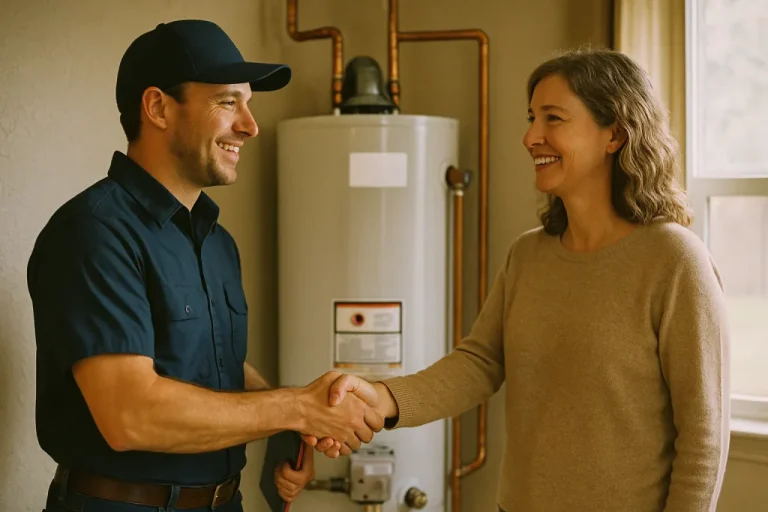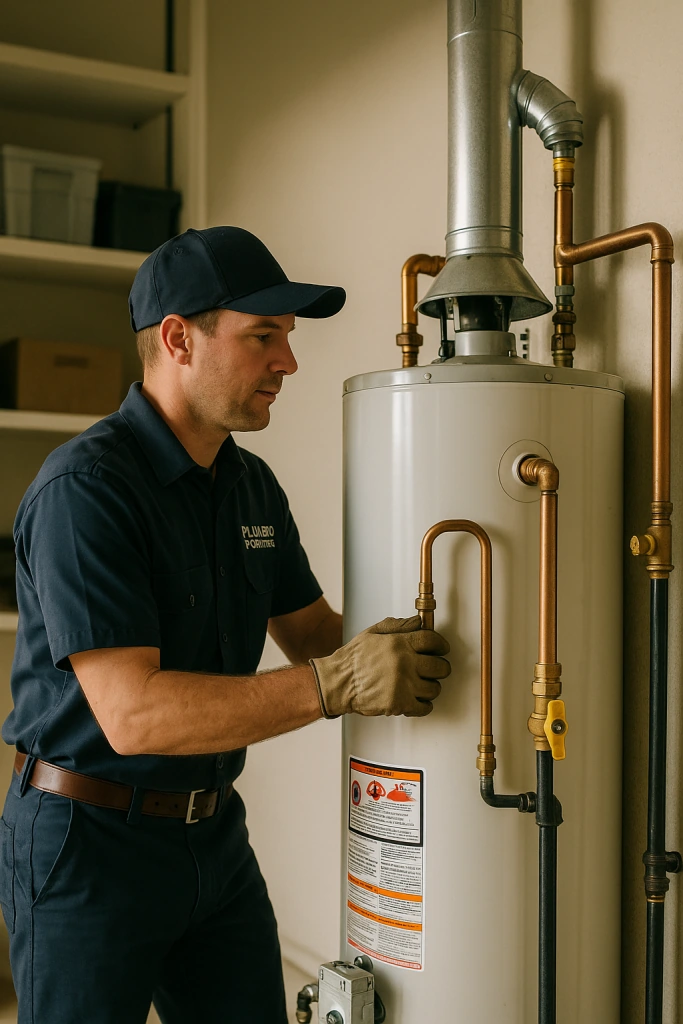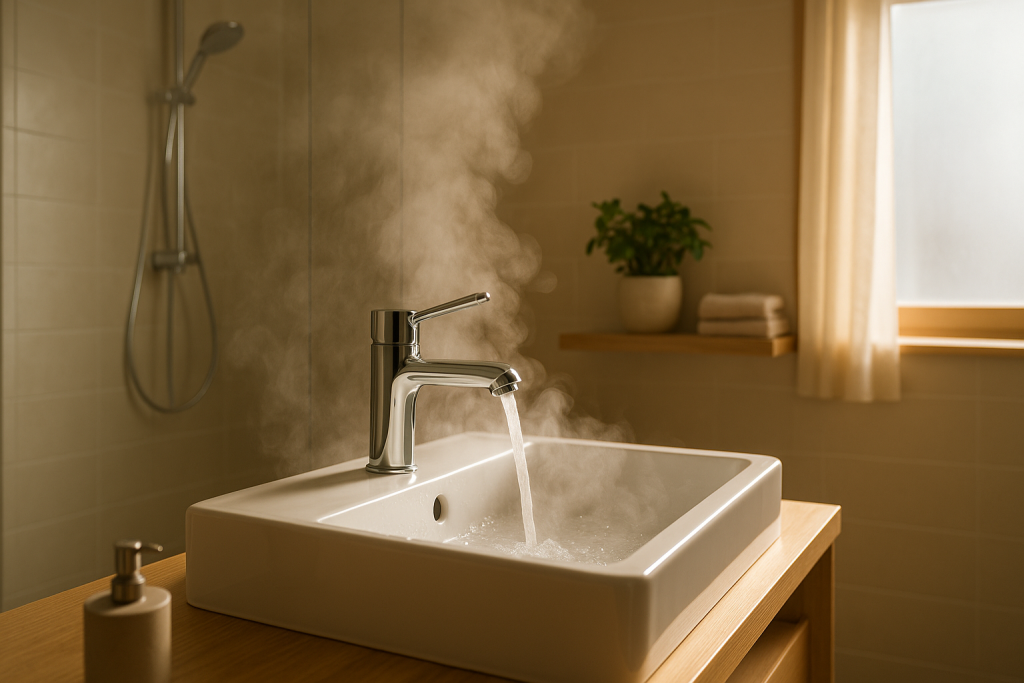
If you’ve been exploring options to upgrade your home’s water-heating system, you may have come across this article: https://anytimeplumbing.net/tankless-water-heater-pros-and-cons/ . It offers a detailed overview of the benefits and drawbacks of tankless water heaters. In this piece, we’ll adopt that same spirit and dive into why tankless water heaters have earned strong interest what they do well, what to watch out for, and how to decide if one is right for your home.
Why Tankless Water Heaters Are Gaining Popularity
One of the most compelling benefits of a tankless water heater is the continuous supply of hot water. Because these systems heat water on demand instead of storing a large tank of pre-heated water you don’t run out mid-shower just because someone else started laundry or dishes.
Another big plus: energy efficiency and cost savings over time. According to the source article, households that use around 41 gallons or less of hot water daily could see savings of 24–34% on energy bills when switching from traditional tank models. If your utility bills are a concern, this is an attractive angle.
Space is also saved. Tankless units are compact, often wall-mounted and much smaller than bulky storage tanks. That makes them great for homes or apartments where utility space is limited. Durable too: they tend to last longer than traditional tank heaters possibly 20 years or more with proper maintenance.
Finally, there’s the risk factor: because tankless systems store very little water, they reduce the chance of large-scale leaks compared to large storage tanks that hold dozens of gallons. In areas susceptible to moisture or where water damage is a concern, that’s a meaningful benefit.

What to Consider (the Trade-Offs)
Of course, no solution is perfect there are important caveats to factor in. One of the biggest drawbacks is the higher upfront cost. Installation for a tankless system can be significantly more expensive than a conventional water heater, especially if you need to upgrade gas lines, ventilation, or electric supply. So while the long-term savings may be attractive, you’ll likely need to commit more investment up front.
Another potential issue is flow rate limitations. While you get endless hot water in principle, a single tankless unit may struggle if multiple showers, loads of laundry, dishwasher runs happen all at once in a large household. If demand is high, you may need multiple units or a high-capacity model which can raise cost and complexity.
Installation isn’t a simple DIY scenario either professional installation is practically a must. Proper sizing, venting, gas/electrical supply must be carefully handled for safety and performance. Some older homes may need substantial modification for that. Also, there may be a minor lag time before hot water reaches your tap because of the instant-heating design a small inconvenience compared to tank models.
How to Decide If It’s Right for Your Home
When weighing whether a tankless water heater is the right choice, you’ll want to look at a few key aspects:
- Household size & hot water demand: If your household uses hot water simultaneously (showers, laundry, dishwasher), you’ll want to ensure the system is rated accordingly or consider multiple units.
- Budget vs. long-term savings: You’ll pay more up front, but if you intend to stay in the home for many years and the system is well-maintained, you may benefit from longer life and lower energy costs.
- Space constraints: If you’re tight on space, the compact nature of a tankless unit is a plus.
- Existing infrastructure: If your home already has compatible gas, venting, or electrical setup, the upgrade barrier is lower. If not, additional cost and planning are required.
- Maintenance & installation: Having a qualified professional evaluate your home, size the unit correctly, and perform installation is crucial for performance and longevity.
Final Thoughts
The decision between a traditional storage-tank water heater and a tankless model isn’t just about price it’s about fit. If you value space savings, energy efficiency, and a long-term investment, and your home’s demand and infrastructure align, a tankless system can be a strong upgrade. On the other hand, if your budget is tight, your hot water demand is very high and simultaneous, or your home would require major retrofits to support a tankless system, a conventional unit may still be the practical choice.
